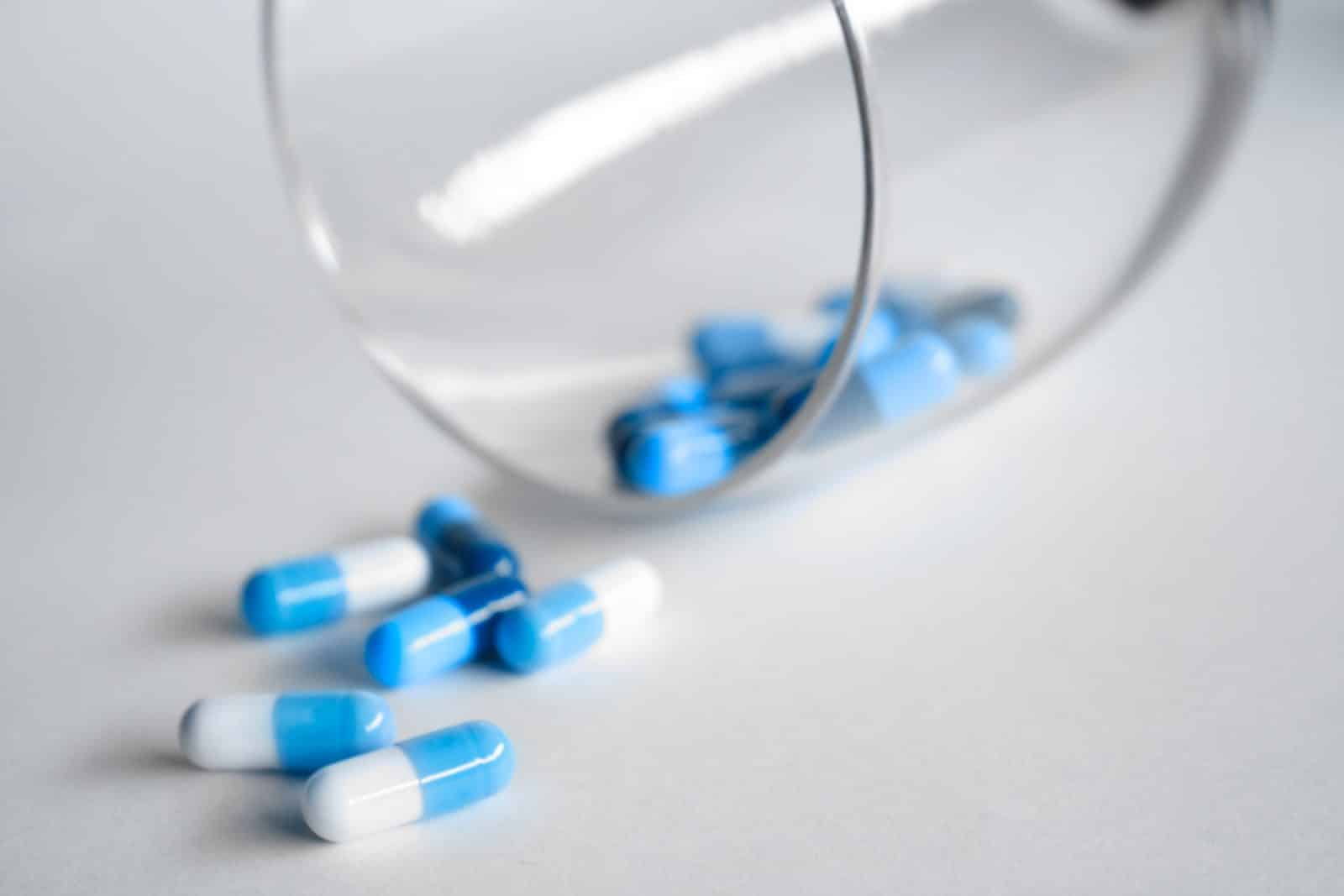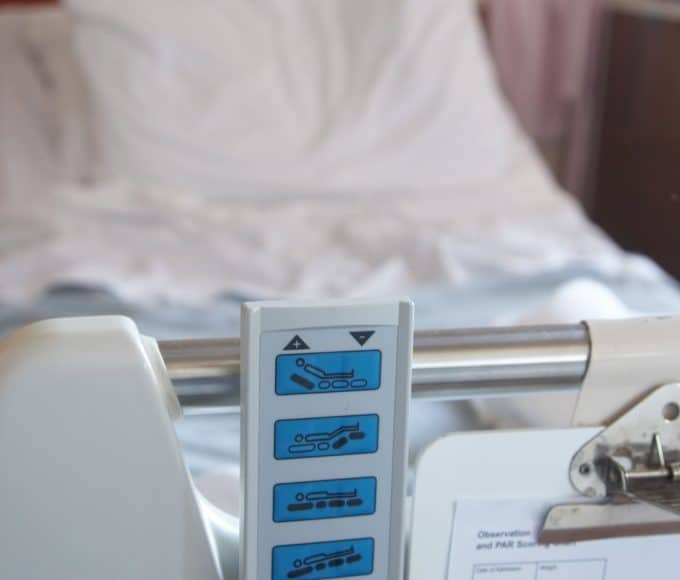 After a stroke, management and preservation of brain cells is extremely important. Years of testing and trials have produced a treatment believed to promote post-stroke recovery and the preservation of brain cells in stroke victims.
After a stroke, management and preservation of brain cells is extremely important. Years of testing and trials have produced a treatment believed to promote post-stroke recovery and the preservation of brain cells in stroke victims.
This new drug, used to preserve neuronal (brain) structure, is proving effective in treating ischemic stroke patients. Additionally, a surgical procedure is undergoing trials to remove clotting and test brain function after a stroke.
The Placebo Effect on Post-Stroke Recovery
Drug trials, which used a double blind, randomized study, were conducted at the Cumming School of Medicine, Alberta Health Services and a series of other locations. These trials investigated the use of the drug alongside various clot busting medications. It also tested the drug on its own. Coincidentally, both patient groups experienced preservation of brain function throughout the drug trials.
A stroke typically produces paralysis. However, with both in the placebo and the drug, 20% more patients walked out of the hospital without assistance.
Compelling Evidence
Evidence suggests a biological pathway protects brain cells from dying after being deprived of blood flow for a time. The drug being studied mimics the pathway to preserve the final stage of a brain cell’s life. It does so by slowing or stopping the production of nitric oxide within the cell. This prevents cell breakdown and ensures a patient retains brain function during recovery.
Significant scientific observation is showing promotion of brain cell survival, and delivery properties relative to protection of the brain cells. It is also working to treat a variety of conditions, in addition to stroke.
This same trial is testing these properties on variety of medications. With thousands of people suffering from stroke each year, gaining access to medication that is preventative in regards to permanent damage is imperative. Additionally, post-stroke conditions improved with this medication are:
- Slurring or Unsteady speech
- Memory Loss
- Loss of Balance and Movement
- Vision Impairment
Furthermore, ongoing collaboration between universities, health centers, and drug manufacturers will ensure additional studies are completed on the effectiveness of the drug. Partnership between the University of Calgary and the Calgary stroke program plan to take an in-depth look at a series of inpatient outcomes.
Current studies are being used to administer the drug and monitor the effects of it on clot retrieval and brain cell protection. Future studies are in the planning stages.
While these methods may prove effective, you may also choose alternative methods for brain recovery to avoid the massive money making machine that is the health care system, as discussed here. In the end, the choice is yours.














